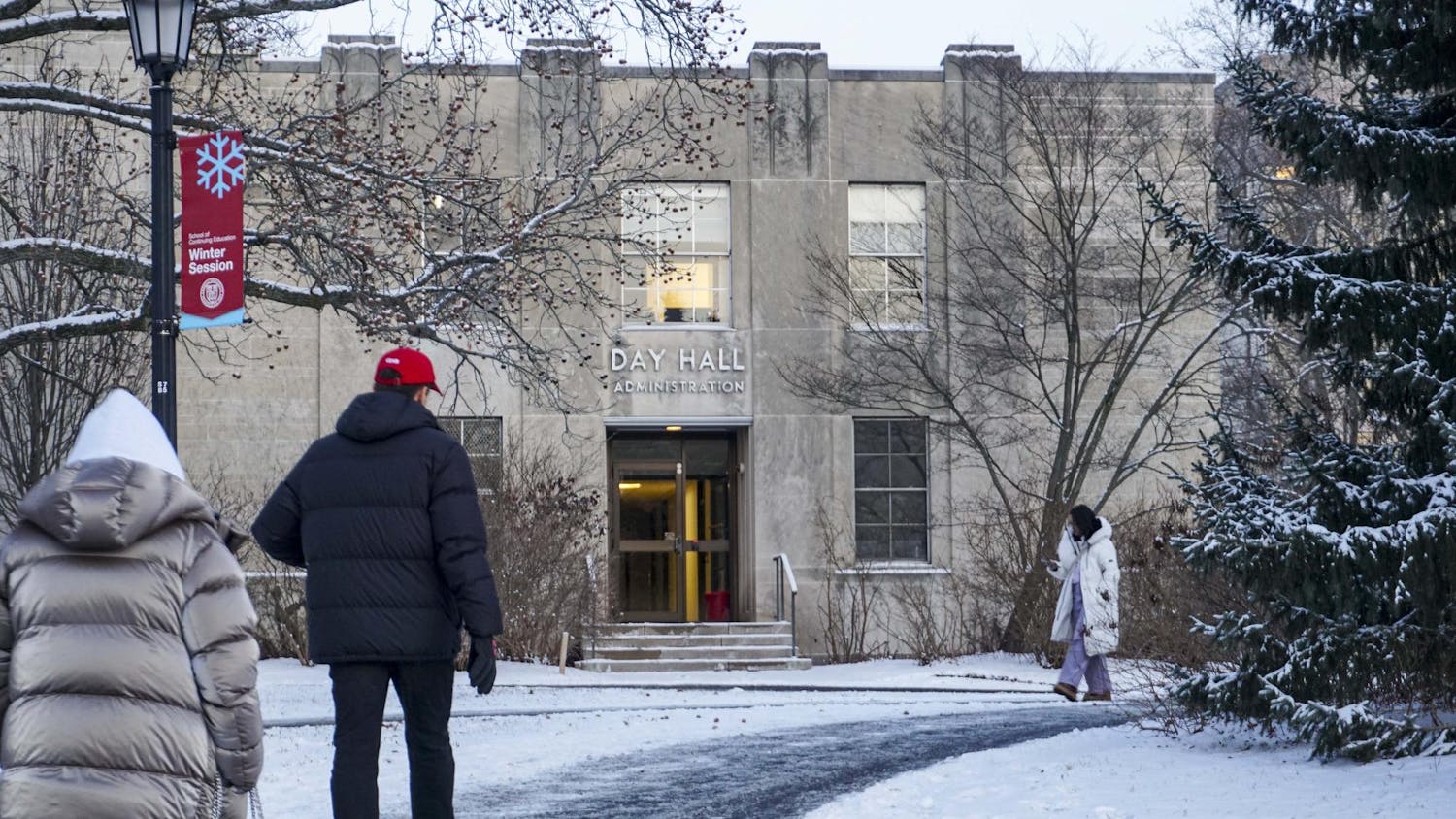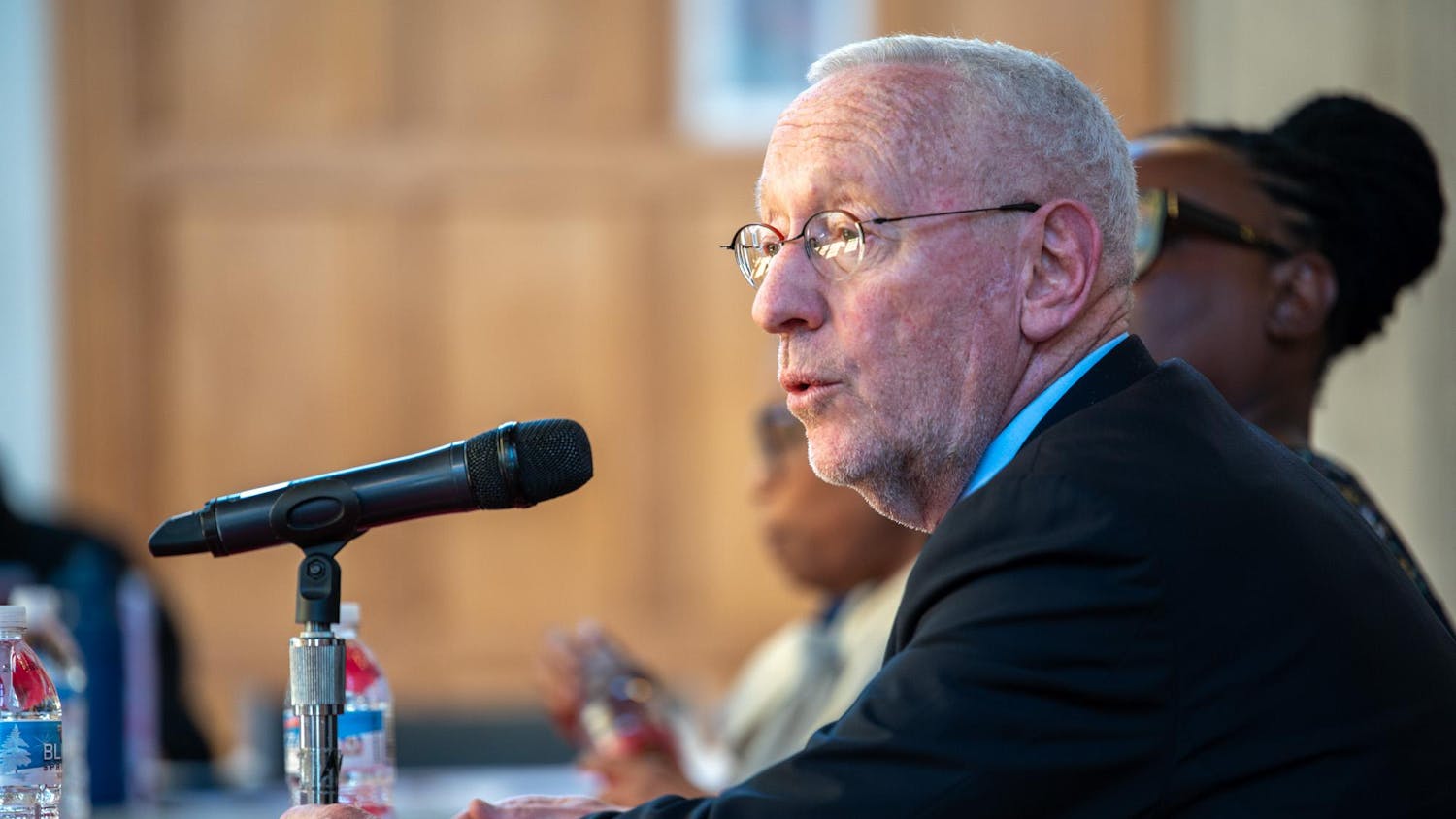After months of advocacy, including a petition to reopen and a Student Assembly resolution, Anabel’s Grocery will resume operations in the first week of March, almost a year after it closed in mid-March due to the coronavirus pandemic.
The student-run grocery store sells subsidized groceries to students to reduce food insecurity on campus. According to Sarah Brice ’21, the Anabel’s Grocery people and operations coordinator, the store’s reopening is even more important now as COVID-19 has rattled the economy, heightening levels of unemployment and food insecurity.
“We pushed really hard to reopen this semester by writing a resolution we submitted to the Student Assembly, outlining why there was such a big need for this, especially given the pandemic and its adverse effect on food access for minority groups,” Brice said. The Student Assembly passed the resolution on Dec. 10.
President Martha Pollack told Anabel’s student leadership Jan. 28 that the grocery store would be allowed to reopen on campus. While they waited, Anabel’s student leadership team made contingency plans to collaborate with St. Luke Church if they couldn’t return to campus. However, Brice said Anabel’s is glad this step ultimately wasn’t necessary.
“If we had been operating out of St. Luke Church, that would have been a much smaller operation. They don’t have the refrigerators and the space and the different supplies we have in Anabel Taylor Hall,” Brice said. “Since we are there, we’ll be able to better meet the community’s needs than we would have otherwise.”
To minimize the risk of COVID-19 spread this semester, Anabel’s Grocery will have an online pre-ordering and payment system. Students will pick up their groceries outside the building during predetermined time slots, and food deliveries from vendors will be contactless.
No more than four student staffers and visiting lecturer Anke Wessels, the store’s supervisor and instructor for the Anabel’s Grocery class, will be present in the store at one time. Staffers will regularly clean surfaces, wear masks and sign in before shifts to create records that could be used for contact tracing, as well as answer COVID-19 symptom check-in questions before shifts.
When the store was closed last semester due to the risk of COVID-19 on campus, students in the Anabel's Grocery course collaborated with local food-related businesses, including Bramble, Lively Run Goat Dairy and Nourish Tompkins. Students conducted case study research and assisted with marketing and product development, while also learning about social entrepreneurship and anti-racism work in the context of food systems.
Anabel’s closed in spring 2019 to reassess business operations, and reopened during the fall 2019 semester after reworking its staffing structure and other logistics. As campus shut down in spring 2020 because of the pandemic, Anabel’s was forced to shutter its operations once again. While Cornell offers other resources to students facing food insecurity, including the Cornell Food Pantry, Anabel’s student leadership said they believe the grocery store fills a void on campus.
“Anabel’s opens its doors for all students and does its best to destigmatize food insecurity and food need,” said Ryan Stasolla ’21, Anabel’s purchasing, sales and product promotion coordinator. “When compared to a normal pantry, the opportunities for what you can buy are really vast. Anabel’s offers a sense of community and connection. We offer education opportunities.”
Student Assembly President Cat Huang ’21, who co-sponsored the resolution encouraging the University to let Anabel’s reopen, said that reopening is especially important because the pandemic has worsened food insecurity.
“People might be out of jobs this semester and have less disposable income to spend on food, so I think that it's definitely a little harder this year with COVID,” Huang said. “Our low-income students, low [socioeconomic status] students — it’s more important than ever that we are supporting those students during this time.”











